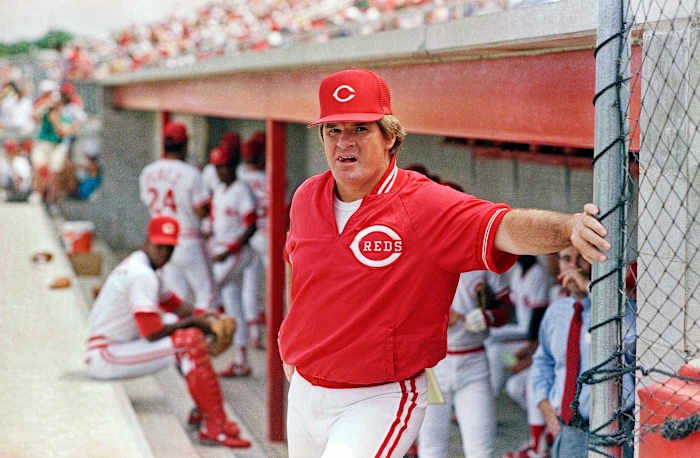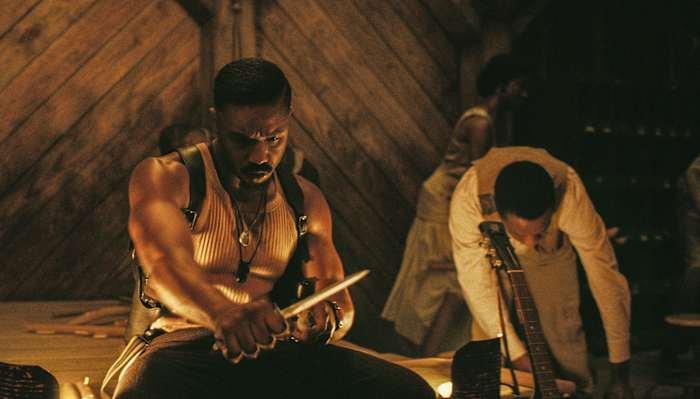Pete Rose and Shoeless Joe Jackson have long been baseball’s most notorious outcasts, each exiled from the sport’s Hall of Fame due to gambling scandals that rocked Major League Baseball (MLB) to its core. On Tuesday, baseball Commissioner Rob Manfred announced a historic posthumous reprieve for both players, opening the door for their long-awaited induction into the Hall of Fame. While this decision brings closure to decades-old controversies, it also reignites the debate over gambling’s place in America’s pastime—a topic with contemporary relevance for Orlando and the broader sports world.
The Road to Redemption: Why Rose and Jackson Mattered
The legacies of Pete Rose and Shoeless Joe Jackson are inseparable from the story of baseball’s integrity. Rose, MLB’s all-time hits leader, was banned for life in 1989 after betting on games as manager of the Cincinnati Reds. Shoeless Joe Jackson, star of the 1919 “Black Sox” Chicago White Sox, was implicated in a scandal where eight players were accused of intentionally losing the World Series for gamblers’ benefit. Both men’s exclusion from the Hall of Fame became a symbol of baseball’s zero-tolerance policy on gambling.
Manfred’s decision to grant them eligibility marks a seismic shift in the sport’s approach. It acknowledges the time that has passed, the evolving nature of public opinion, and perhaps the need to reconcile with the sport’s complicated history. For Orlando’s passionate baseball fans, this moment is a reminder of the sport’s power to forgive, and the continuing challenge of upholding its values.
Baseball and Betting: A Complicated Relationship
Gambling has always been baseball’s greatest taboo—a “sin” that threatened the integrity of the game. Yet, in recent years, the landscape has changed dramatically. With the legalization of sports betting in many states, including Florida, professional leagues have struck sponsorship deals with betting companies, and fantasy sports have become a mainstream activity for fans here in Orlando and nationwide.
Despite this new era of openness, the Rose and Jackson cases remind us that the line between permitted and forbidden gambling activities remains contentious. MLB’s rules are clear: betting on one’s own sport, especially one’s own team, is an unforgivable breach. The sport’s willingness to forgive Rose and Jackson posthumously suggests a nuanced recognition of past misdeeds, but not necessarily a relaxation of current standards.
For Orlando’s growing community of sports fans—including those who frequent local sportsbooks or participate in fantasy leagues—this moment is an important reminder to stay informed about the rules and respect the boundaries that keep the game fair for everyone.
Orlando’s Place in Baseball’s Evolving Story
While Orlando doesn’t have an MLB franchise of its own, the city is a hotbed for baseball at the youth, collegiate, and minor league levels. Spring Training brings teams and fans to Central Florida every year, and the city is home to many retired MLB stars and aspiring young players. The Rose and Jackson decision is a talking point for coaches, parents, and athletes throughout the region, offering a chance to reflect on the values of honesty and sportsmanship.
Moreover, as the gambling industry grows in Florida, Orlando could become a hub for sports tourism and entertainment connected to legal betting. That makes MLB’s evolving stance on gambling—and the lessons of Rose and Jackson—even more relevant for our community. As Central Floridians embrace new opportunities to engage with sports, we must also take to heart the cautionary tales from baseball’s past.
What’s Next for MLB, Fans, and Orlando?
With Pete Rose and Shoeless Joe Jackson now eligible for Hall of Fame consideration, baseball faces important questions about how to honor its past and protect its future. Will the Hall of Fame voters finally welcome these legends into Cooperstown? What message does this send to current players, fans, and young athletes in Orlando and beyond?
The answer may lie in how the sport balances tradition with change. MLB’s gambling policy remains strict, but the culture around betting is shifting rapidly. For Orlando sports fans, this is an invitation to participate in a national conversation about ethics, forgiveness, and the meaning of fair play.
Local organizations and leaders can use the Rose and Jackson story as a teaching tool, reinforcing the importance of integrity while also acknowledging the human capacity for growth and redemption. As Orlando continues to build its reputation as a sports destination, these conversations will help shape the city’s identity and influence future generations of athletes.
Conclusion: Join the Discussion
The posthumous reprieve for Pete Rose and Shoeless Joe Jackson is more than a baseball headline—it’s a milestone in the ongoing dialogue about sports, gambling, and justice. As Orlando’s sports culture continues to evolve alongside national trends, the lessons of history are as relevant as ever. What do you think about MLB’s decision? Should Rose and Jackson be celebrated in the Hall of Fame? How should Orlando approach the intersection of sports and gambling in our community?
Share your thoughts in the comments below—let’s keep the conversation going!
















